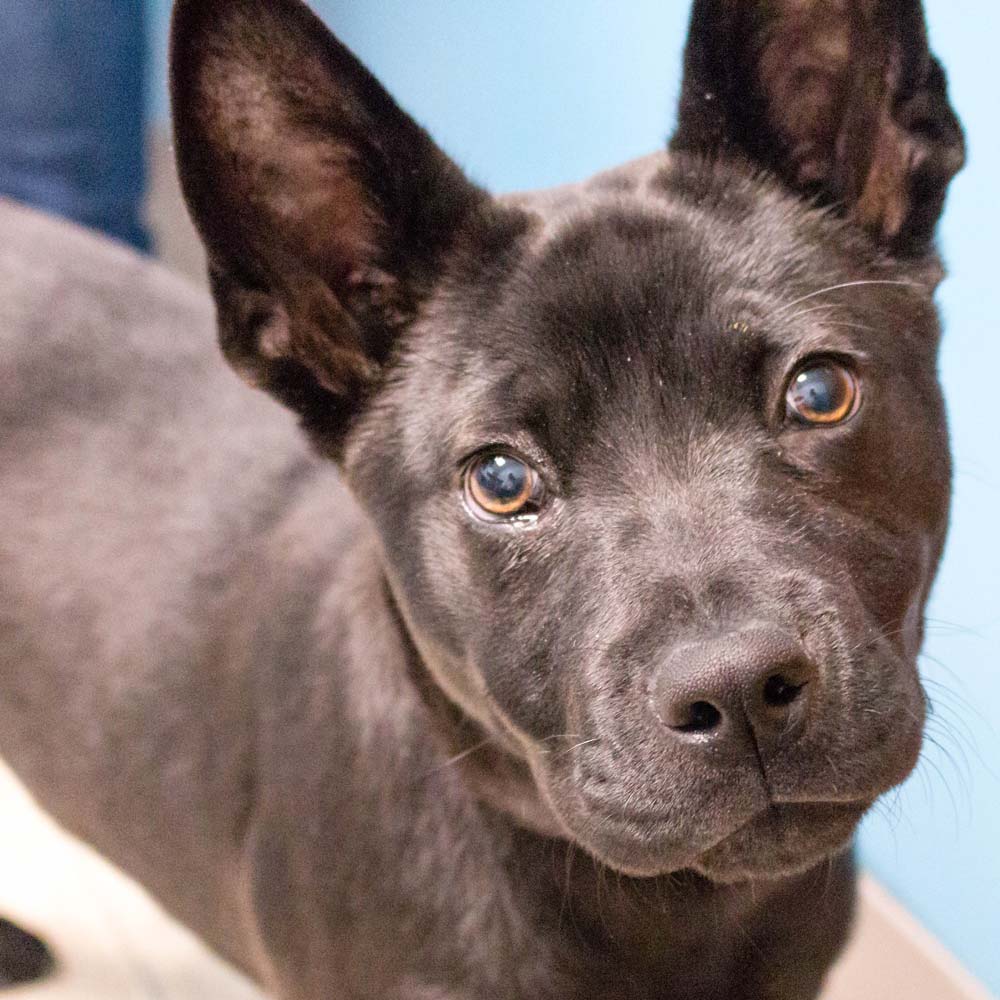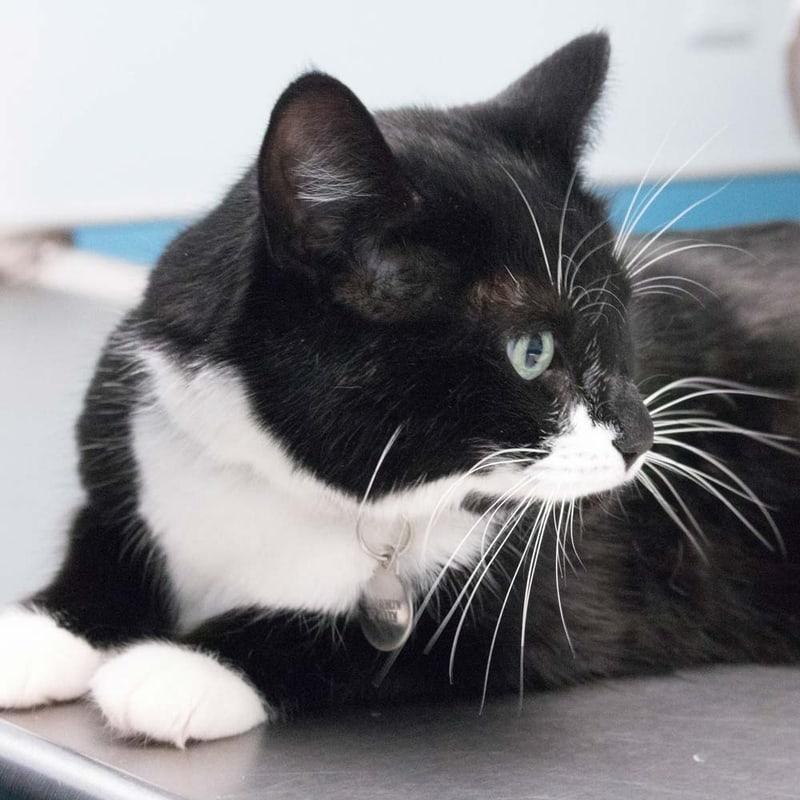Library
-
Exercise restriction refers to the act of intentionally limiting a pet’s physical activity. Veterinarians often recommend exercise restriction to allow a pet to heal after a surgical procedure or injury, although it may also be recommended to prevent worsening of a medical condition. Your veterinarian’s guidance is essential when implementing exercise restriction.
-
Proprioception is the ability to know where your body is in space. This is what helps reduce falls and injury. Proprioception may be lost suddenly through spinal cord trauma, or it may be reduced with age, joint disease (osteoarthritis), or other orthopedic or neurologic disease. Some specific controlled exercises that can improve proprioception are discussed. Any exercise plan needs to be formulated by a veterinary rehabilitation therapist to avoid injury.
-
Controlled, regular physical exercise is one of the core treatments of canine osteoarthritis, along with weight control, physical rehabilitation, and pain management. Exercise increases circulation to the muscles and joints, decreases stiffness in the joint capsule and soft tissues, reduces pain, maintains strength, and benefits the cardiovascular system. Left untreated, the chronic pain of arthritis causes a continually worsening cycle of less movement, weight gain, muscle loss, decreased strength, and loss of cardiovascular fitness.
-
Dogs can be amazing family members and greatly enrich our lives! Adding a dog to the family is also a serious commitment, and research before choosing a dog will help set the family and the dog up for success. This handout goes over some factors to consider when selecting a dog.
-
The goal of feeding growing puppies is to lay the foundation for a healthy adulthood. Proper nutrition is critical to the health and development of puppies, regardless of breed, and it directly influences their immune system and body composition. An optimal growth rate in puppies is ideal; it is a slow and steady growth rate that allows the puppy to achieve an ideal adult body condition while avoiding excessive weight and obesity. Growing puppies need higher amounts of all nutrients in comparison to adult dogs, but excess energy calories and calcium can create serious problems. Together with your veterinarian and veterinary healthcare team, you can help your puppy grow into as healthy of an adult dog as possible.
-
Orphaned puppies will need extra care for survival to compensate for the loss of their mother. Puppies must be kept warm, very clean, and fed frequently using an appropriate amount and type of formula by bottle or less often tube feeding. To ensure nutrition is adequate, daily weight checks should be performed for the first 4 weeks, then weekly thereafter. Puppies must be stimulated to urinate and defecate. Environment, feeding instruments and the puppy must be kept meticulously clean as they are more susceptible to infection than puppies cared for by their mother.
-
Senior dogs should be assessed by a veterinarian at least every six months. A nutritional assessment can help the veterinarian identify changing energy or nutrient requirements, which may warrant a diet change. Senior diets vary widely in nutrient profiles as there are no established standards. It remains vital that older dogs stay well hydrated. Recommendations for senior dog diets need to be based on regular evaluations and discussion between veterinarian and owner.
-
Interactive feeders that require a pet to think and work for their food call upon the natural instinct to hunt or forage. Besides being fun, these food puzzles may help both physical and behavioral problems in cats and dogs. When used correctly, interactive feeders may benefit pets that eat too quickly, become bored when alone, or suffer from separation anxiety.
-
Feeding your dog can be easily accomplished with mealtimes on a set schedule. At least two meals per day are best for your dog. The use of food toys or interactive feeders adds interest to your dog’s mealtimes. Routines help your dog adjust to changes that may occur in your home as well as allow you to monitor his health.
-
The food you feed your dog is the largest factor you can control to give them optimal health. The diet formulation should change over your dog’s life as he moves through the different life stages of puppy, adult, and senior. The diet type can help manage or improve many medical conditions by feeding specific nutritional profiles. Your veterinarian is always ready to help you make the best nutritional choices for your dog.







